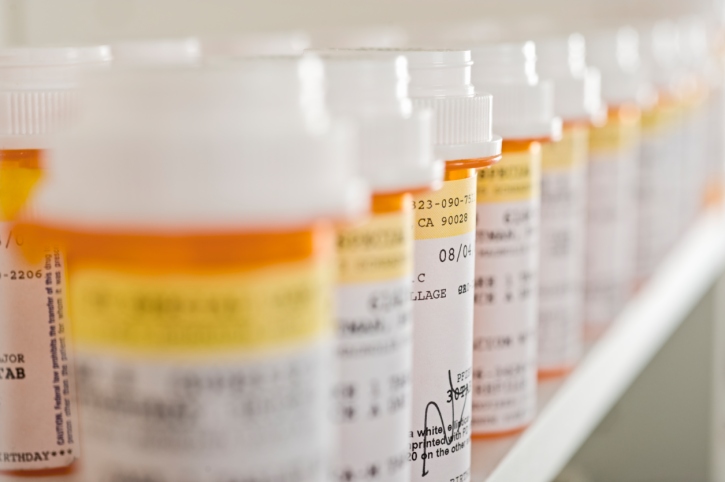Health and Healthcare
Autoimmune Drugs to Drive Big Pharma Higher in Coming Years
Published:
Credit Suisse sees some solid upside in big pharma in the coming years. After the health care sector has made a strong run, this firm believes that it can continue, based on a strong pipeline across the sector. Credit Suisse’s Vamil Divan was on the call.
The brokerage firm updated its autoimmune market model and it sees implications for all the large cap U.S. pharmaceutical companies in its coverage. Based on multiple conversations with physician experts and companies active in the space, Credit Suisse sees the U.S. autoimmune market growing to $30 billion by 2025, up from $20 billion in 2014.
This will be driven by continued penetration of the current biologics, and then market expansion as additional biologics and more attractive oral options enter the market in the coming years.
Credit Suisse made some changes in the prices targets of these pharma companies:
ALSO READ: New Mega-Blockbuster Cholesterol Drug Class Faces Make-or-Break FDA Panels
According to the report:
Next oral JAKs likely to make bigger impact; more clarity coming soon. The uptake of Pfizer’s Xeljanz has been relatively modest given safety concerns around the product and the comfort physicians have with the market-leading anti-TNF agents. We see Eli Lilly’s baricitinib and GLPG/Abbvie’s filgotinib making a much bigger impact given strong efficacy and what appears to be more acceptable safety profiles. We will learn more about the potential of both products in the near future with the first presentation of phase 3 data for baricitinib (Jun 11 at EULAR) and 24-week phase 2b data release for filgotinib (July/Aug). We currently assume baricitinib will enter the market in late 2016 and become the leading oral JAK with global sales of $2.5 billion in 2023. For filgotinib we assume global sales of $2.2billion in 2023. We lower our Xeljanz global sales estimates to $1.5 billion in 2023.
Other novel agents, biosimilars, also will enter the market in coming years. In addition to baricitinib and filgotinib, the brokerage firm now more precisely models how it expects other Phase 3 pipeline drugs, including biosimilars, to affect the market.
Credit Suisse continued:
On a company level, Eli Lilly appears well positioned to benefit from baricitinib as well as ixekizumab. For AbbVie we have increased the rate of decline for Humira but this is more than offset by the additional revenues we now believe filgotinib will obtain. We expect Pfizer, Merck and Bristol-Meyers to all face increased pressure on their marketed products while for JNJ there will be greater competition for their established drugs but those declines should be somewhat offset by growth from pipeline assets guselkumab and sirukumab.
ALSO READ: How 6 ASCO Biotech Winners Are Focusing on the Future of Cancer
Midday Monday, shares of AbbVie were up 0.6% at $67.80. The stock has a consensus analyst price target of $73.23 and a 52-week trading range of $51.37 to $70.76.
Eli Lilly shares were up 0.6%, at $78.55 in a 52-week trading range of $58.50 to $79.85. The consensus analyst price target is $79.53.
Shares of J&J were down 0.3% to $98.25, below its consensus analyst price target of $109.95. The 52-week trading range is $95.10 to $109.49.
Merck shares were relatively flat at $59.01. The consensus price target is $65.75, and the 52-week trading range is $52.49 to $63.62.
Shares of Bristol-Myers were down 1% to $65.52, below its consensus price target of $70.94. The 52-week range is $46.50 to $69.86.
Pfizer shares were relatively flat at $34.08, in a 52-week range of $27.51 to $35.53. The stock has a consensus analyst price target of $37.21.
Thank you for reading! Have some feedback for us?
Contact the 24/7 Wall St. editorial team.